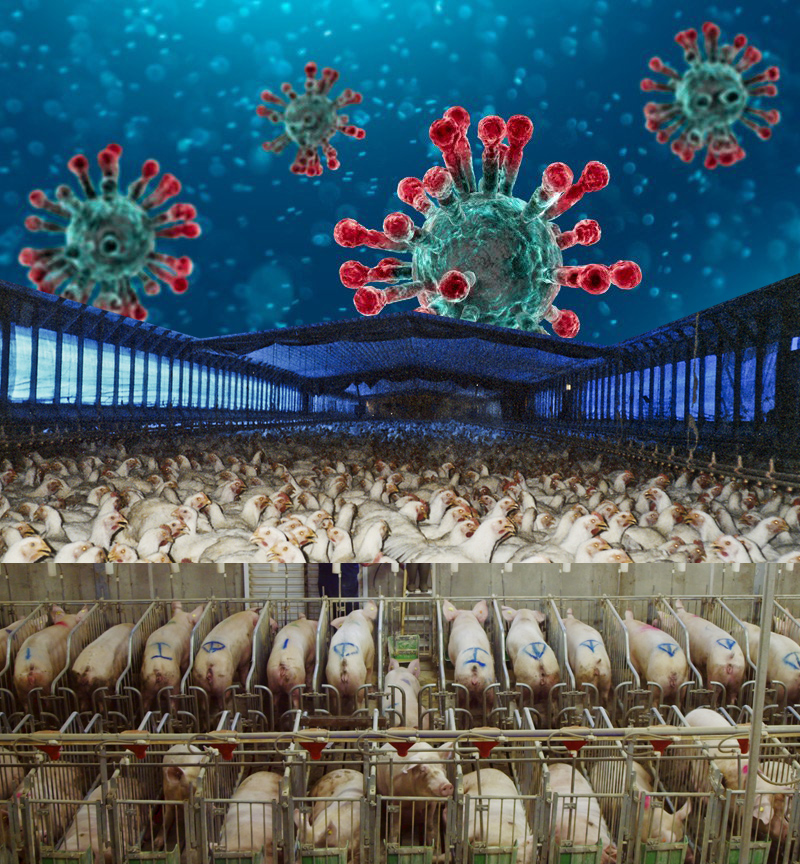Week of Events
Unearthing The Grundrisse (continuation)
Unearthing The Grundrisse (continuation)
After the defeat of the 1848-50 revolutions in Europe, Marx acknowledged that he failed to provide an adequate analysis of the economic foundation of society and turned from a focus on organizing to an intense, life-long study of political economy. Catalyzed by the first global economic crisis in 1857 and after 10 years of concentrated study, he started the first of seven notebooks to self-clarify his work up to that point. Not published or available outside the USSR until 1953, Martin Nicolaus provided the first—and only —English translation of all seven notebooks in 1973 as the Grundrisse: Foundations of the Critique of Political Economy.
Covid-19 Capitalism: Big Farms Make Big Flu
Covid-19 Capitalism: Big Farms Make Big Flu
Rob Wallace’s book is an indispensable handbook to the inevitable pandemics stemming from agribusiness. Monthly Review is making it available at a big discount until April 17. We at the MEP are hosting an online reading and discussion group to share the comprehensive research and writing that is contained in Wallace’s book. We will cover all seven sections, plus the two-part update being published in Monthly Review’s next two issues.
Capitalism and Robbery: The Planetary Mine
Capitalism and Robbery: The Planetary Mine
We will consider how capitalism is rooted in robbery—of the earth, of the water, air, and soil of communities, of the livelihoods of working people. Such theft is becoming more massive in scale and more technologically sophisticated, but is also evoking new forms of popular resistance.
Capital, Volume 3, 2nd Sessions
Capital, Volume 3, 2nd Sessions
The study of Volume III is essential to understanding the complex dynamics at work in the present realities we are facing and how these realities are the necessary results of the inner logic of capital. In this moribund stage of late capitalist/imperialist development we see the rise of rentier and finance capital—the introduction of financial instruments being used to make money make more money, jumping over and above the actual real wealth produced by trading on future wealth (derivatives and other forms of fictitious capital); overriding supply and demand as a price mechanism in such necessities as foodstuffs so that their prices continuously rise resulting in more poverty and starvation on a world scale and here in the US; turning new technologies into means of collecting rents—the internet, mobile devices; expropriation of taxes paid by the working class to developers who are often tax exempt while our city and state governments give them tracts of our physical space; commodification of debt; privatization of public spaces, properties and institutions; foreclosures; and the list goes on.




